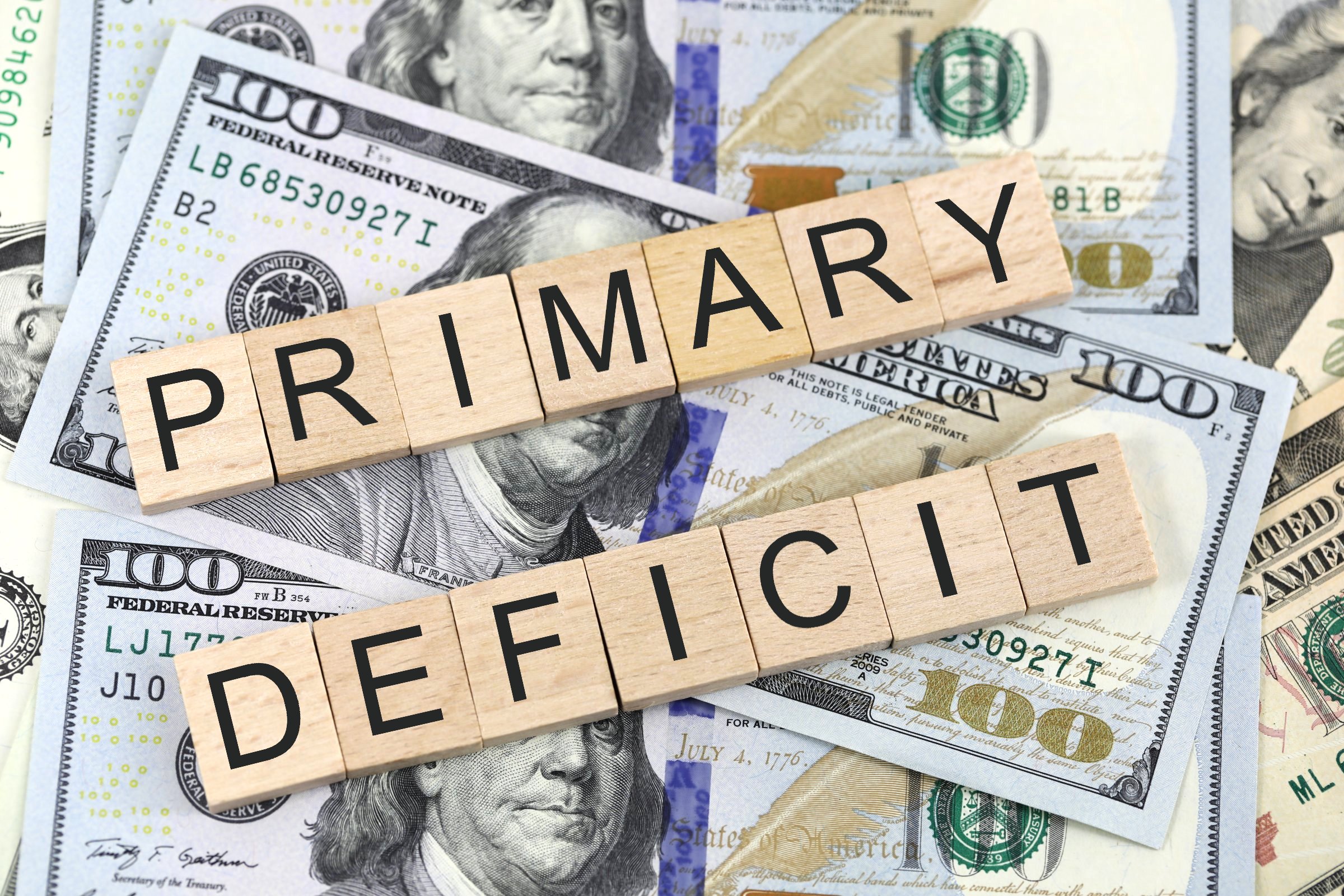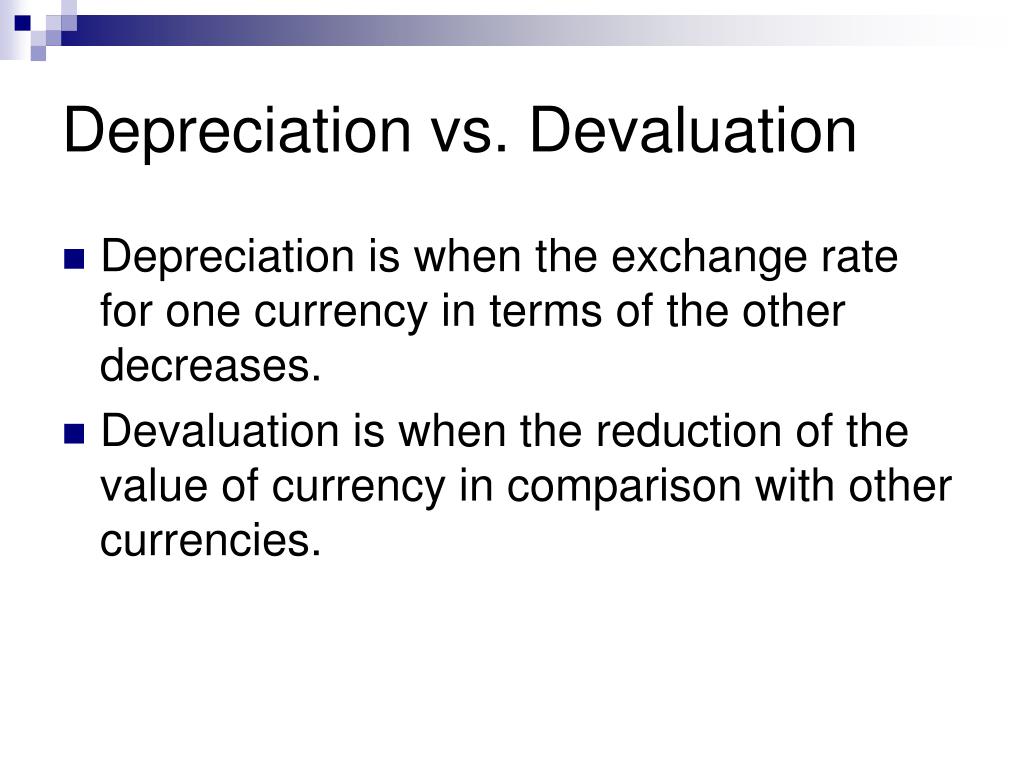Growth vs Development: Understanding Economic Concepts
Have you ever wondered about the difference between economic growth and economic development? While these terms may seem similar, they actually refer to two distinct concepts in the field of economics. Understanding the nuances between growth and development is crucial for anyone interested in economics or simply curious about how economies evolve. In this article, we will delve into the meaning and significance of both these concepts, explaining their differences and exploring their relationship to one another. So, let's dive in and unravel the complexities of growth and development!
The Difference Between Economic Growth and Economic Development
Economic growth and economic development are often used interchangeably, but they have different meanings. Economic growth refers to the increase in a country's total output of goods and services over a specific period of time. It is typically measured by the Gross Domestic Product (GDP), which represents the monetary value of all final goods and services produced within a country's borders.
On the other hand, economic development encompasses a broader scope. It involves not only the increase in GDP but also focuses on improving the standard of living, reducing poverty, and enhancing the well-being of individuals within a society. Economic development takes into account various social and economic factors, including education, healthcare, infrastructure, and environmental sustainability.
The Relationship Between Growth and Development
Although closely related, growth and development are not synonymous. Economic growth is a necessary condition for economic development, but it is not sufficient on its own. Economic development goes beyond the mere accumulation of wealth and emphasizes the quality of life and overall welfare of a society.
To illustrate this relationship, let's consider an analogy. Imagine a garden where the plants are growing rapidly, producing beautiful flowers and fruits. This represents economic growth. However, if the garden lacks proper care and attention, with weeds growing unchecked and the soil becoming depleted, its overall health and sustainability will suffer. This is where economic development comes into play: it ensures that the garden not only grows but also flourishes over the long term by nurturing the necessary conditions for sustained growth.
Factors Influencing Economic Growth
Several factors contribute to economic growth, including technological advancements, investment in physical and human capital, favorable government policies, and international trade. Technological progress drives innovation, allowing for more efficient production methods and the creation of new products and services. Investment in physical capital, such as infrastructure and machinery, expands a country's productive capacity, leading to increased output. Similarly, investment in human capital, such as education and healthcare, enhances the skills and abilities of the workforce, facilitating economic growth.
Government policies also play a crucial role in fostering growth. A stable macroeconomic environment, low inflation rates, and sound fiscal policies contribute to an attractive business climate, encouraging investment and entrepreneurial activity. Additionally, policies that promote free trade and open markets can expand opportunities for growth by increasing exports and attracting foreign direct investment.
Dimensions of Economic Development
While economic growth focuses on the expansion of the economy, economic development encompasses a broader range of dimensions that contribute to the well-being of individuals and societies. These dimensions include education, healthcare, poverty reduction, gender equality, environmental sustainability, and social inclusion.
Education is a fundamental aspect of economic development as it equips individuals with the skills and knowledge necessary to participate effectively in the economy. Quality healthcare services ensure a healthy and productive workforce, while poverty reduction measures aim to improve the standard of living and reduce income disparities. Gender equality, another crucial dimension, promotes equal opportunities for all individuals, regardless of their gender, fostering economic growth and social progress. Environmental sustainability is vital for long-term development, as it ensures that resources are used efficiently and ecosystems are protected. Finally, social inclusion aims to create a society where everyone has access to opportunities and enjoys equal rights and benefits.
The Importance of Balancing Growth and Development
Achieving a balance between economic growth and economic development is essential for sustainable and inclusive development. While rapid economic growth can lead to increased income and wealth, it must be accompanied by measures that promote equitable distribution and social progress. Neglecting these aspects can result in a lopsided development that benefits only a few, exacerbating inequalities and social tensions.
A prime example of imbalanced growth is the phenomenon of income inequality. While economic growth may lift some individuals out of poverty, it can also widen the gap between the rich and the poor. Inclusive development requires policies that address this inequality, ensuring that the benefits of growth are shared by all segments of society.
Conclusion
In summary, economic growth and economic development represent distinct concepts in the field of economics. While economic growth refers to the increase in a country's output of goods and services, economic development encompasses a broader range of factors that contribute to the overall well-being of individuals and societies. Achieving a balance between growth and development is crucial for sustainable and inclusive progress. By prioritizing education, healthcare, poverty reduction, gender equality, environmental sustainability, and social inclusion, societies can foster not only economic prosperity but also human flourishing. So, let's strive for a world where growth and development go hand in hand, creating a better future for all.
Reference links:



/bond-market-15b215dd1fb741ff82f940a4e7c1d66a.jpg)






